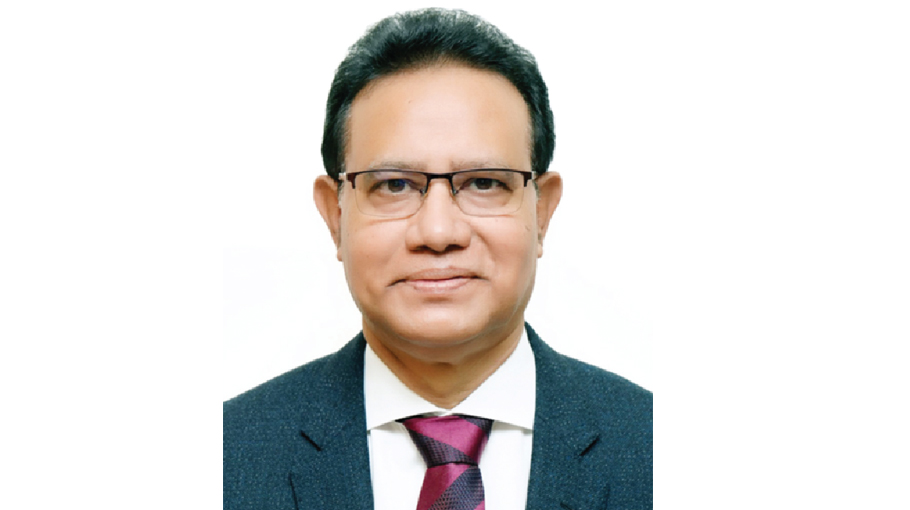Land services digitisation leads to surge in government revenue

The digitization of land services has resulted in a substantial increase in government revenue, according to Land Secretary Md. Khalilur Rahman. He made this announcement while addressing a workshop focused on identifying new avenues for non-tax revenue within the Ministry of Land.
The workshop, which took place at the Ministry of Land's meeting room on Monday, saw the participation of officials from the Ministry of Land, Finance Division, and Land Services Digitization Vendor companies. During his address, Land Secretary Md. Khalilur Rahman highlighted the remarkable progress achieved in land management digitization over recent years, with significant changes being made under the guidance of the Prime Minister and the direct supervision of Land Minister Saifuzzaman Chowdhury.
As a result of these efforts, revenue collection from the land sector has witnessed a notable boost. The digitization initiative has not only enhanced the efficiency, transparency, and user-friendliness of land service management but also aimed to ensure the optimal collection of 100% revenue from the land sector for the public's benefit.
Secretary Rahman revealed that the implementation of the 'Smart Land Development Tax' system has garnered approximately Tk 520 crores, while the 'Smart Mutation' system has generated around Tk 230 crores in revenue. Furthermore, the 'Smart Land Records' system has contributed approximately Tk 20 crores, bringing the total revenue collected through the automated challan system to about Tk 770 crores. This substantial sum has been promptly deposited into the government treasury. The daily average revenue has surpassed Tk 5 crore.
The workshop participants engaged in discussions pertaining to multiple facets of revenue growth. Key areas included the direct digital transfer of land acquisition compensation from the IBAS system to landowners' bank accounts, online verification of information related to Khas land, Acquired land, and Sairat Mahal through the land data bank. The productive utilization of Khas land, registration-mutation interconnection, automated deed registration document creation, land classification and database establishment, digital monitoring through dashboards, and the implementation of Kiosks in Union Land Offices were also topics of focus. Many of these proposed initiatives are already in progress.
It's worth noting that the main sources of revenue from the land sector encompass land development tax, fees collected for survey and land settlement, leasing revenues from Hatabazar, Vested property, Abandoned property, water bodies, ponds, and sand quarries, among others.
The success of the digitization efforts is heralding a new era of increased efficiency and revenue for the government, contributing to overall economic growth and development.





